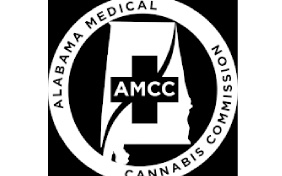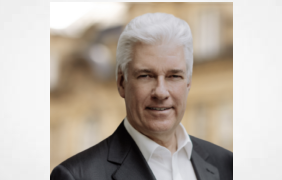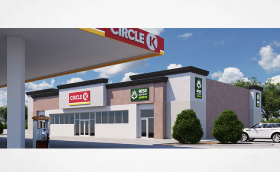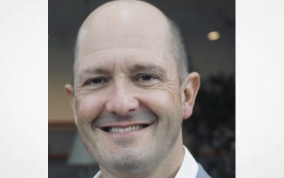The Alabama Medical Cannabis Commission awarded licenses Monday to 21 companies that will be part of the state’s new medical marijuana industry as cultivators, processors, transporters, dispensaries, and a testing lab.
The AMCC chose the licensees from 90 companies that applied.
Here are the companies chosen by category:
Integrated facility: Flowerwood Medical Cannabis, Southeast Cannabis Company, Sustainable Alabama, TheraTrue Alabama, Verano Alabama.
(Integrated licensees will be authorized to cultivate, process, transport, and dispense medical cannabis. Each integrated licensee can have up to five dispensaries).
Processor: 1819 Labs; Enchanted Green; Jasper Development Group, Inc.; Organic Harvest Lab.
Dispensary: CCS of Alabama; RJK Holdings AL: Statewide Property Holdings AL: Yellowhammer Medical Dispensaries.
Transporter: Alabama Secure Transport; International Communication; Tyler Van Lines.
The AMCC met Monday morning in Montgomery and voted to go into a closed session to discuss the selections. The AMCC returned for an open meeting shortly after 1 p.m. The licensee names were read by category and the AMCC voted to approve the selections. The meeting room was filled with license applicants, lobbyists, media, and others.
The companies chosen have 14 days to pay their licensing fee. The AMCC plans to issue licenses on July 10.
“I think we had a fantastic process,” AMCC Director John McMillan said. “I just don’t know how it could have been any better. It worked out as well as we had hoped or maybe even better.
“You never know,” McMillan said. “We’ve had litigation already. There are some applicants that are certainly very disappointed, some very good applicants,” McMillan said. “But we had a system to evaluate them and we’re proud of that system and are willing to stand behind that system.”
The AMCC engaged the University of South Alabama to coordinate the application review process and recruit application evaluators. USA used 66 evaluators with experience in the categories that were factors in ranking the applicants, such as financial ability, facility suitability and infrastructure, security plans, personnel, quality control, and marketing and advertising.
Asked whether litigation could delay the availability of products, McMillan said it would depend on the judicial system.
“The end game of all this is to get (products to) patients that need these products, primarily for pain and other reasons,” McMillan said. “And so we hope everybody is going to come together now and recognize that primary goal and not do anything to obstruct our ability to make it happen.”
Under the state’s medical cannabis law, the AMCC could have awarded up to 12 cultivator licenses but instead awarded only four. AMCC Vice Chairman Rex Vaughn announced at the meeting that the AMCC intends to open a second offering of licenses for cultivators, secure transporters, and state testing laboratories. The law did not place a limit on the number of transporters or testing labs.
“The Commission looks forward to affording more opportunities for individuals to participate in the industry,” Vaughn said in a press release. “These businesses will not only serve Alabama patients but provide business and job opportunities for local communities.”
Antoine Mordecai Sr., CEO of Native Black Cultivation, said he was disappointed that his company was not awarded a cultivator license. Mordecai said he intends to review the process and look for ways to address any shortcomings the AMCC cited. Native Black Cultivation has been growing hemp at its Jefferson County facility since 2020, Mordecai said.
“This is just a bittersweet moment,” Mordecai said. “We’re happy the program is moving forward, but disheartening that I’m not a part of it.”
Former state Rep. Mike Ball of Madison County, an advocate for access to medical marijuana for about a decade, was at Monday’s commission meeting. He said the awarding of licenses was a milestone but said he wishes it could have happened sooner because of the people who need the products.
“From the day I started working on this it has been frustrating how slow and how long it has taken because I know there are people who are suffering who will be helped by this, who can be helped by this, and who should have been helped by this for a long time,” Ball said. “And what we need is some commonsense put into our law and a lot less politics. Politics has got us in a place with regard to cannabis where there’s so much talk between people who are against it in any form and then the people who want to legalize it for everything. The poor folks who get lost in the middle are people who suffer from epileptic seizures or some of the other ailments that can be helped by this.”


















